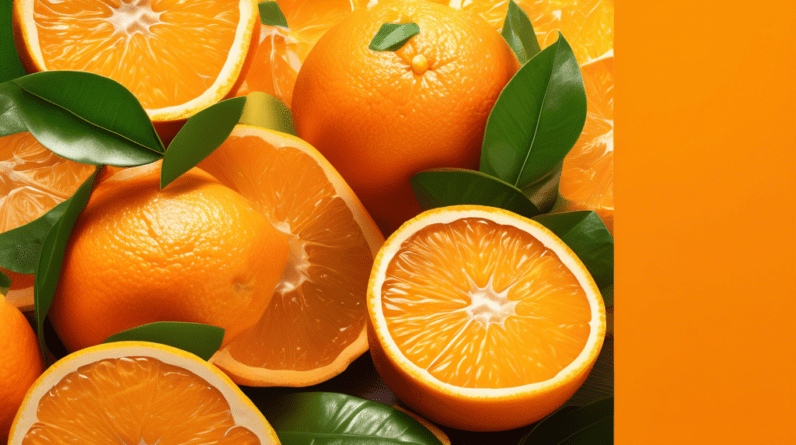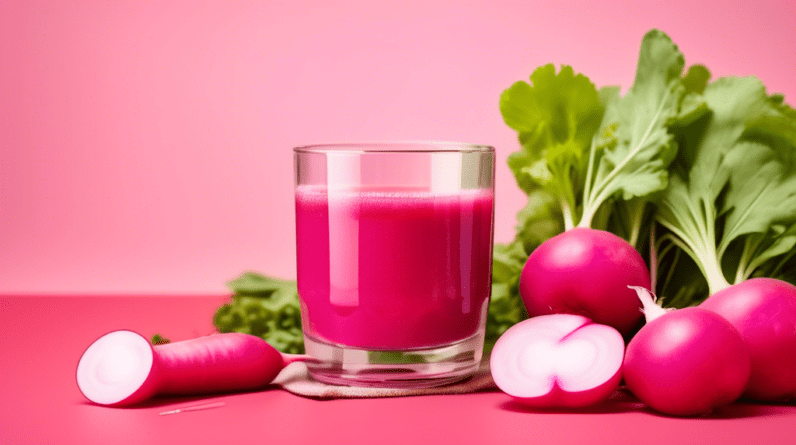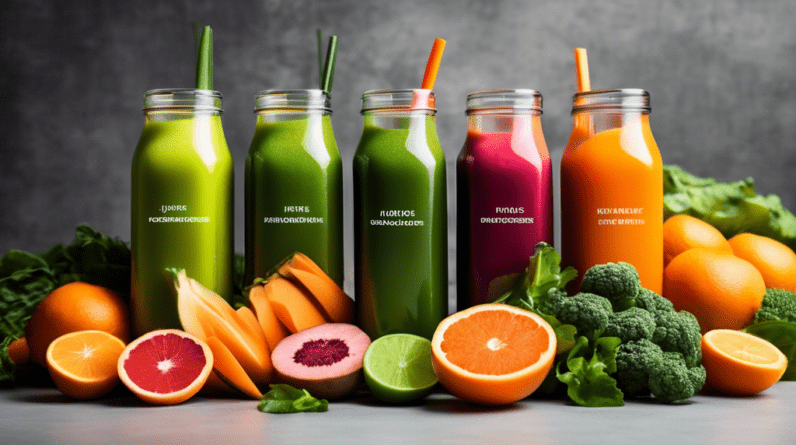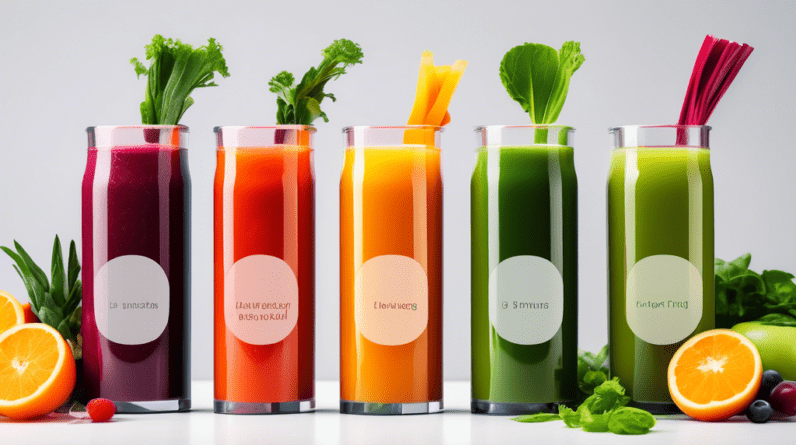
Recent Insights into Juice Cleanses and Their Impact on Health
Recent studies have shed light on the effects of juice cleanses on our gut and oral health, prompting a reevaluation of this popular dietary practice.
Study Findings
A study published in Nutrients in January 2025 examined the impact of a three-day juice cleanse on participants’ oral and gut microbiomes. The research revealed that individuals who adhered strictly to a juice-only regimen experienced an increase in inflammation-related bacteria in both their oral and gut environments. In contrast, participants who supplemented their juice intake with whole foods exhibited less pronounced changes, while those consuming a plant-based diet with whole foods showed positive effects, including a rise in beneficial bacteria.
Health Implications
The absence of fiber in juice, combined with its high sugar content, is believed to contribute to these adverse effects. Fiber plays a crucial role in maintaining a healthy gut microbiome by supporting beneficial bacteria that produce anti-inflammatory compounds. Without adequate fiber, bacteria that thrive on simple sugars—often linked to inflammation—can proliferate. medicalnewstoday.com+2health.com+2bioengineer.org+2
Expert Recommendations
Health experts suggest that blending fruits and vegetables into smoothies might be a healthier alternative to juicing, as this method retains valuable fiber and nutrients. Additionally, it’s recommended to view juices as a complement to a balanced diet rather than a substitute. Incorporating whole foods alongside juices can help maintain the balance of the microbiome and support overall health.
Conclusion
While juice cleanses are often marketed as a means to detoxify and promote health, this study highlights potential drawbacks, particularly concerning gut and oral health. Individuals considering a juice cleanse should be aware of these findings and may want to incorporate whole foods or opt for smoothies to ensure they receive adequate fiber and maintain a healthy microbiome.






